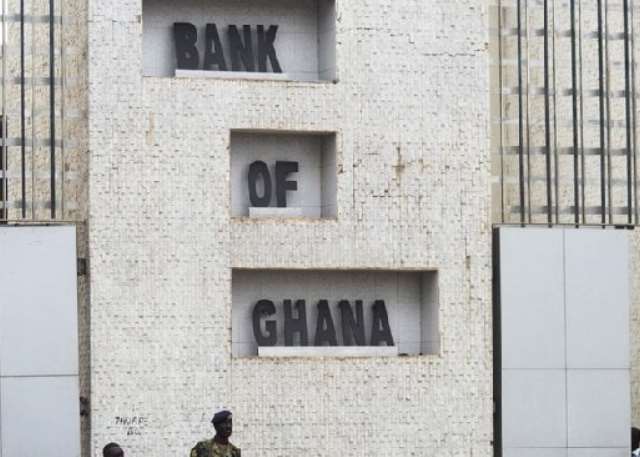The Bank of Ghana has issued a decisive warning against ten unlicensed Money Transfer Organisations (MTOs) operating illegally within the country’s remittance and foreign exchange market. This action underscores the central bank’s commitment to maintaining the integrity of Ghana’s financial system and protecting consumers from potential risks associated with unregulated entities. The named MTOs – ACE Money Transfer, Remit Union, Remit Home, Roze Remit, Monty Global, Nairagram, I-Transfer, Hurupay, Eversend, and Izi Send – are operating in violation of Ghana’s financial laws, specifically the Foreign Exchange Act, 2006 (Act 723). This Act explicitly states that engaging in foreign exchange dealings without a proper license is prohibited. Furthermore, all foreign exchange transfers to or from Ghana must be conducted through authorized channels, namely licensed entities or authorized dealers. The Bank of Ghana’s warning serves as a critical reminder of the importance of regulatory compliance within the financial sector.
The Bank of Ghana’s notice, issued on June 27, 2025, explicitly directs all financial institutions and the public to cease all transactions with these unlicensed MTOs. This includes commercial banks, Dedicated Electronic Money Issuers (DEMIs), and Enhanced Payment Service Providers (EPSPs), who play crucial roles in facilitating financial transactions within the country. By emphasizing the illegality of these MTOs’ operations and instructing all stakeholders to avoid dealings with them, the Bank of Ghana aims to effectively isolate these entities from the formal financial system, thereby mitigating the risks they pose. This decisive action demonstrates the central bank’s proactive approach to safeguarding the stability and reputation of Ghana’s financial sector.
The Bank of Ghana’s warning is not only directed at the unlicensed operators and those who might unknowingly interact with them but also serves as a reminder to licensed MTOs to operate within the established regulatory framework. Licensed MTOs are reminded to conduct their foreign exchange transactions exclusively through approved partner institutions and strictly adhere to all operational guidelines. This emphasis on compliance underscores the importance of maintaining a level playing field within the remittance and foreign exchange market. By ensuring that all players adhere to the same rules and regulations, the Bank of Ghana promotes fair competition and fosters trust in the financial system.
This action by the Bank of Ghana has significant implications for the remittance and foreign exchange market in Ghana. Remittances play a vital role in the Ghanaian economy, providing a crucial source of income for many households and contributing significantly to the country’s foreign exchange reserves. The presence of unlicensed operators undermines the integrity of this vital economic channel, potentially facilitating illicit activities such as money laundering and tax evasion. By cracking down on these illegal operations, the Bank of Ghana protects not only individual consumers but also the broader economic stability of the country.
The Bank of Ghana’s commitment to sanitizing the remittance and foreign exchange market is further emphasized by the potential sanctions outlined in the notice. Failure to comply with the directives could result in severe penalties, including the revocation of operating licenses for licensed MTOs found to be facilitating transactions for these unlicensed entities. This strong stance demonstrates the central bank’s resolve to enforce regulations and deter future violations. By establishing clear consequences for non-compliance, the Bank of Ghana strengthens its regulatory framework and fosters a culture of accountability within the financial sector.
In essence, the Bank of Ghana’s warning serves as a crucial step in safeguarding the integrity of the financial system and protecting consumers. By identifying and exposing unlicensed MTOs, the central bank disrupts their operations and mitigates the risks they pose. The directive to cease all dealings with these entities, coupled with the reminder to licensed operators to adhere to regulations, reinforces the importance of compliance and strengthens the regulatory framework governing the remittance and foreign exchange market. This proactive approach demonstrates the Bank of Ghana’s commitment to maintaining a stable, transparent, and trustworthy financial environment for all stakeholders.


